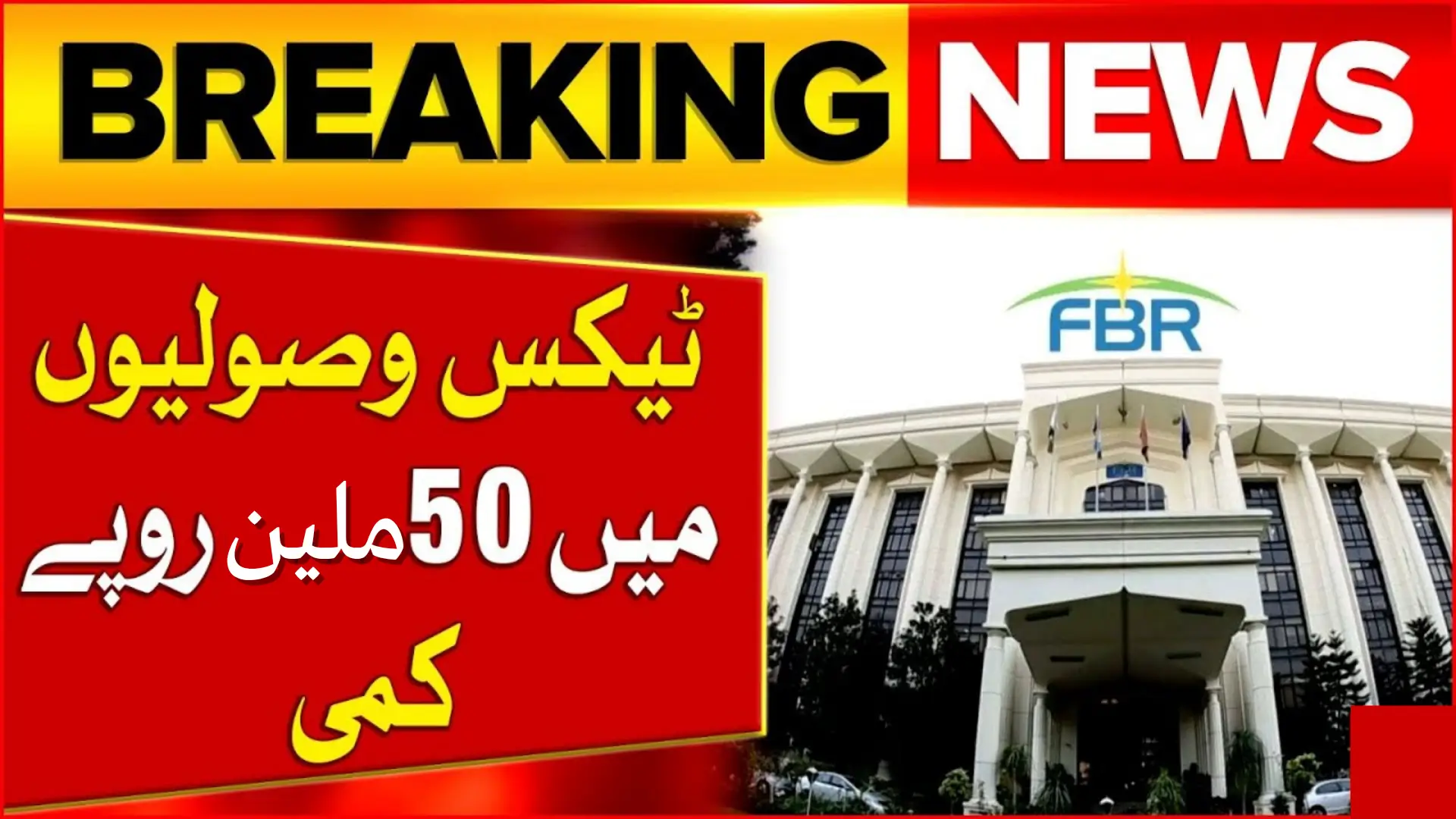FBR to Pay Rs 500000 Fee to ADRC Chairman for Tax Cases Worth Over Rs 50 Million. The Federal Board of Revenue (FBR) has recently introduced a significant change in how it remunerates the chairs and members of its Alternative Dispute Resolution Committee (ADRC) for tax cases. Under the newly issued S.R.O. 2076(I)/2025, the FBR will pay a lump-sum fee of Rs 500,000 to the ADRC chairperson when the disputed tax liability in a case exceeds Rs 50 million, signalling an effort to streamline dispute resolution and reward high-value case settlement efforts.
What the Rule Change Says
According to the amendments in the Income Tax Rules of 2002 (via SRO 2076(I)/2025), the remuneration framework for members of the ADRC under clauses (i) and (iii) of Sub-section (3) of Section 134A of the Income Tax Ordinance, 2001 is defined as follows:
- If the tax liability amount is up to Rs 50 million, the Chairperson will receive Rs 300,000, and a committee member will receive Rs 150,000.
- If the tax liability exceeds Rs 50 million, the Chairperson is entitled to Rs 500,000, and the committee member to Rs 250,000.
- Additionally, the Chairperson and members may be allowed Travel Allowance/ Dearness Allowance (TA/DA) equal to what BPS-22 and BPS-21 officers of the federal government receive, respectively.
Why This Matters
1. Strengthening ADRC Incentives: The higher fee for cases over Rs 50 million creates a clear incentive for resolving large, complex tax disputes via the ADRC.
2. Promoting Faster Resolution: By remunerating ADRC members more generously for high-value cases, the FBR is likely aiming to expedite settlement of major tax liabilities rather than prolonged litigation.
3. Transparency & Accountability: A formalised fee structure ensures clarity in how ADRC members are compensated; this helps promote accountability in the dispute-resolution process.
Implications for Taxpayers and Members
- For large taxpayers facing disputes over tax liabilities exceeding Rs 50 million, this rule ensures there is a dedicated, well-remunerated committee process available for dispute resolution.
- For ADRC members, the new fee structure underscores the importance of their role, especially in high-stakes cases.
- For the FBR, the changes may reduce backlog, de-risk large-scale litigation and improve finality in tax enforcement.
- For overall tax administration, the change may enhance confidence in the dispute resolution mechanism, potentially encouraging more taxpayers to opt for ADRC rather than protracted appeals.
Key Points at a Glance
| Scenario | Chairperson Fee | Member Fee | TA/DA Eligibility |
|---|---|---|---|
| Tax liability ≤ Rs 50 million | Rs 300,000 | Rs 150,000 | Yes (BPS-22/BPS-21 scale) |
| Tax liability > Rs 50 million | Rs 500,000 | Rs 250,000 | Yes (BPS-22/BPS-21 scale) |
Conclusion
The FBR’s amendment via SRO 2076(I)/2025 clearly signals a strategic shift toward incentivising the resolution of large tax disputes via the ADRC. With a one-time remuneration of Rs 500,000 for the chairperson in high-value cases, Pakistan’s tax authority is laying down a firmer framework to deal with big-ticket tax litigations.















